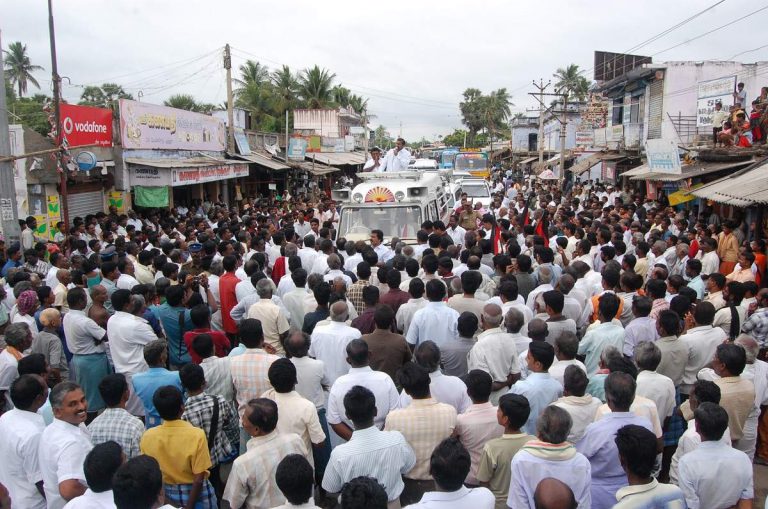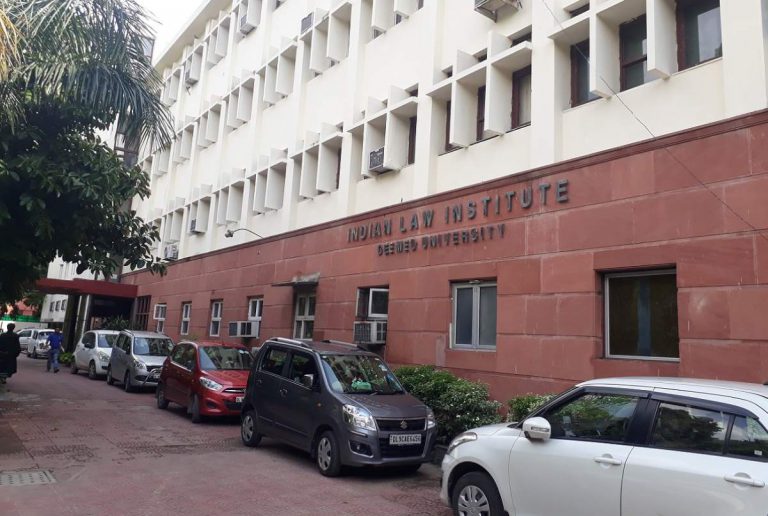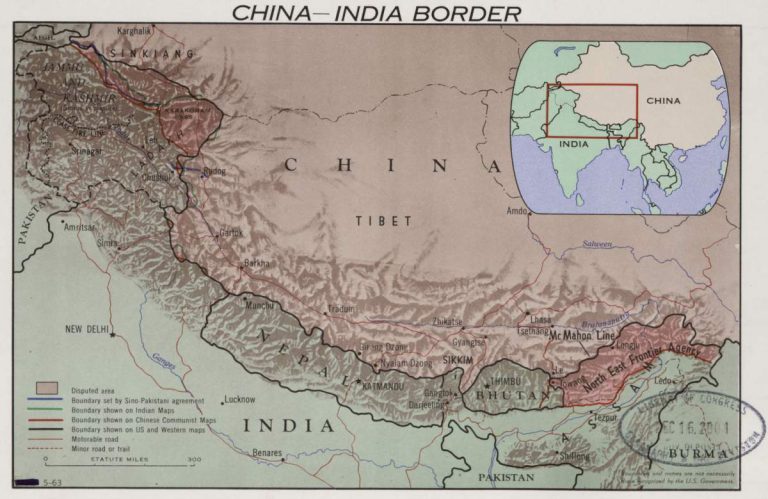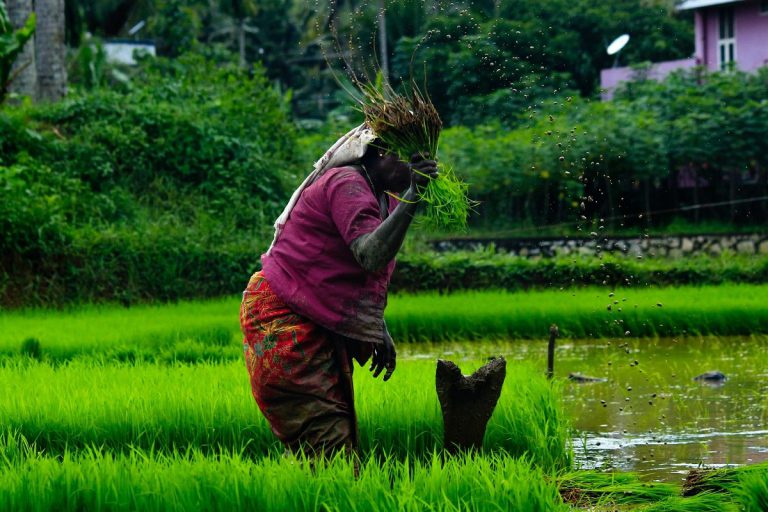Ladli Behna Yojana: A pocket(less) money to Women in Madhya Pradesh
Dr. Ranu Tomar is an Assistant Professor at Amity University, Noida, UP. She has a doctorate in media and cultural studies from the Tata Institute of Social Sciences, Mumbai. Her work covers gender, communication, media, development, and feminist research methodology.
Madhya Pradesh Government announced Ladli Behna Yojana in March 2023. This scheme has radiated a needed impact on election campaigns which perhaps motivated women voters to cast their vote. Fortune unexpectedly revealed CM Mohan Yadav rather than Shivraj Mama. Gender mainstreaming through Ladli Behna Yojana is a significant lens in the government policy-making approach. The projected effort is to promote women’s economic empowerment while providing beneficiaries a monthly sum of ₹1250 that will be increased up to ₹3000 later. It could not be merely taken as a peak of glory of the government but needs a critical unraveling of the policy-making mechanism. This demonstrates that policymakers are reading the gender lines of disparities and discrimination.
Economic power is directly proportional to the decision-making power. Women being entitled to receive ₹1250 by the state government cannot be valued significantly if economic power is resting in the hands of the patriarchal state. The nature of state authority limits women’s empowerment with the vision of an election winning gimmick which brought the desired result of retaining BJP rule but not the same leadership of Shivraj Mama. The envisioning of saffron through women’s suffrage is visible though.
Women don’t possess economic ownership in patriarchal structures even if women are paper owners. Their right to exercise economic ownership is not completely given to them. The family income limit unfolds economic disparities in which women belonging to the marginalized end might feel empowered temporarily, but does it push the boundaries from being a receiver to an owner category? The unseen expiry of the scheme is an important aspect as in for how long this state pocket money would be offered to women of specific socio-economic locations.
Beyond winning the BJP party rule in Madhya Pradesh, can Ladli Behna Yojana survive as a tool for women’s economic empowerment, or will it die when the party rule or specific leadership gets over? Oh! Yes, take it with a pinch of salt. Taking deep breaths of economic empowerment would not let us hold our breath for long when thinking critically about the life of a scheme in Madhya Pradesh. Political communication through such a gender lens helps to see women among the masses as potential voters but seeing them as ‘change makers’ would be a threat to the state itself. Women’s economic empowerment should not be entirely dependent or defined by such pocket money as it amounts to a presumed generosity of the state. Offering material reduces the conscience to dissent. It should also not be taken as a ‘feminist face’ of the state, but it is a limited economic investment to turn the potential changemakers into voiceless voters in Madhya Pradesh.
Take note of gender mainstreaming in policy making when majorly it relies on conventional Hindu vocabulary to name schemes like Ladli Lakshmi Yojana, Beti Bachao – Beti Padhao Yojana, which has to be named in socially structured identities of women without which women are rarely acknowledged as an ‘individual being’. Thus the onus of protecting such socially constructed identity of the schemes makes the state a patriarchal character rather than letting these women be economically empowered in their own ways. Such social policies are being improvised as campaigns are prone to be questioned: Do they resonate with minorities and other identities apart from dominating ones?
Rooting a girl or woman as an individual being requires a social deconstruction of gender norms where women are no longer caregivers but owners of resources too. Why is Madhya Pradesh playing a big brother to millions of Behnas or sisters while replicating the most unequal and biased economic empowerment where the owner of resources is the ‘brother’, Madhya Pradesh? The projection of Madhya Pradesh state as a powerful owner of economic resources is a reinforcement of masculine ownership where women are vulnerable, economically dependent and are never eligible enough behnas or sisters to match the actual understanding of women’s economic empowerment. Thus pockets belong to fathers or brothers but not to mothers or sisters. Madhya Pradesh state is in critical need to be read between the lines where women’s economic empowerment is being omitted while creating the illusion of the state being a soft patriarch in power-play. Evidently, do not miss to clear that former CM as ‘Mama’ has chosen a vulnerable location in patriarchy as in reality ‘Mama’ is a powerless subordinated identity in male chauvinistic socio-political practices. The dominant feudal-patriarchal state replaces threats with the deployment of new vulnerabilities thus ‘Mama’ is not a dominant political stand to promise women for better days.
Doesn’t economic empowerment include that a behna or sister must contribute back to the resources while claiming the ownership of resources. For how long behnas will also be at the receiving end with no actualization of self or economic self-reliant system to support back to brother rather than being majorly dependent as a beneficiary of the scheme or yojana. This gets crucial with ‘who’ are these women beneficiaries; their caste identity must be considered to understand caste privileges among the beneficiaries. Becoming eligible for seeking benefits of the schemes is processed through documentation which brings a serious concern over the privileged ones among the behnas or sisters.
Is the Ladli Behna Yojana seem capable enough to wipe out female feticide, dowry practices, bride burning, domestic violence and crime against women in Madhya Pradesh? If it so, even an inch, then such a yojana should bring hope to the dark side of the feudal patriarchal state which ranks fifth to register FIRs in cases of crime against women (NCRB, 2023). Do not be suddenly disappointed after coming to this paragraph since the glory of the government seems to be shrinking automatically with these realities of the status of women in Madhya Pradesh. The placement of women at the periphery, without integrating them into self-reliant decision-makers is a structural issue. Women need to strongly dismiss their placement at the periphery and go to the core of the power rule wherever it begins for their intersectionality.
Nonetheless, it cannot be discounted that Madhya Pradesh strikes saffron again through women’s suffrage’s potential in this election win but it lacks a promising ground for claiming women’s participation in decision-making. Presumably, this yojana has helped to garner vote banks for the BJP which must be tested with a post-election study to support the claim of women’s participation in the electoral process. Women’s participation is a fundamental prerequisite for women’s economic empowerment in democracy. Women’s participation must be embedded in decision-making power even to invoke change through transformative leadership with their suffrage right.









Oil Gas Energy Magazine is your go-to resource for the latest news, insights, and trends shaping the oil, gas, and energy sectors, helping your company grow and make informed, data-driven decisions.
https://oilgasenergymagazine.com/